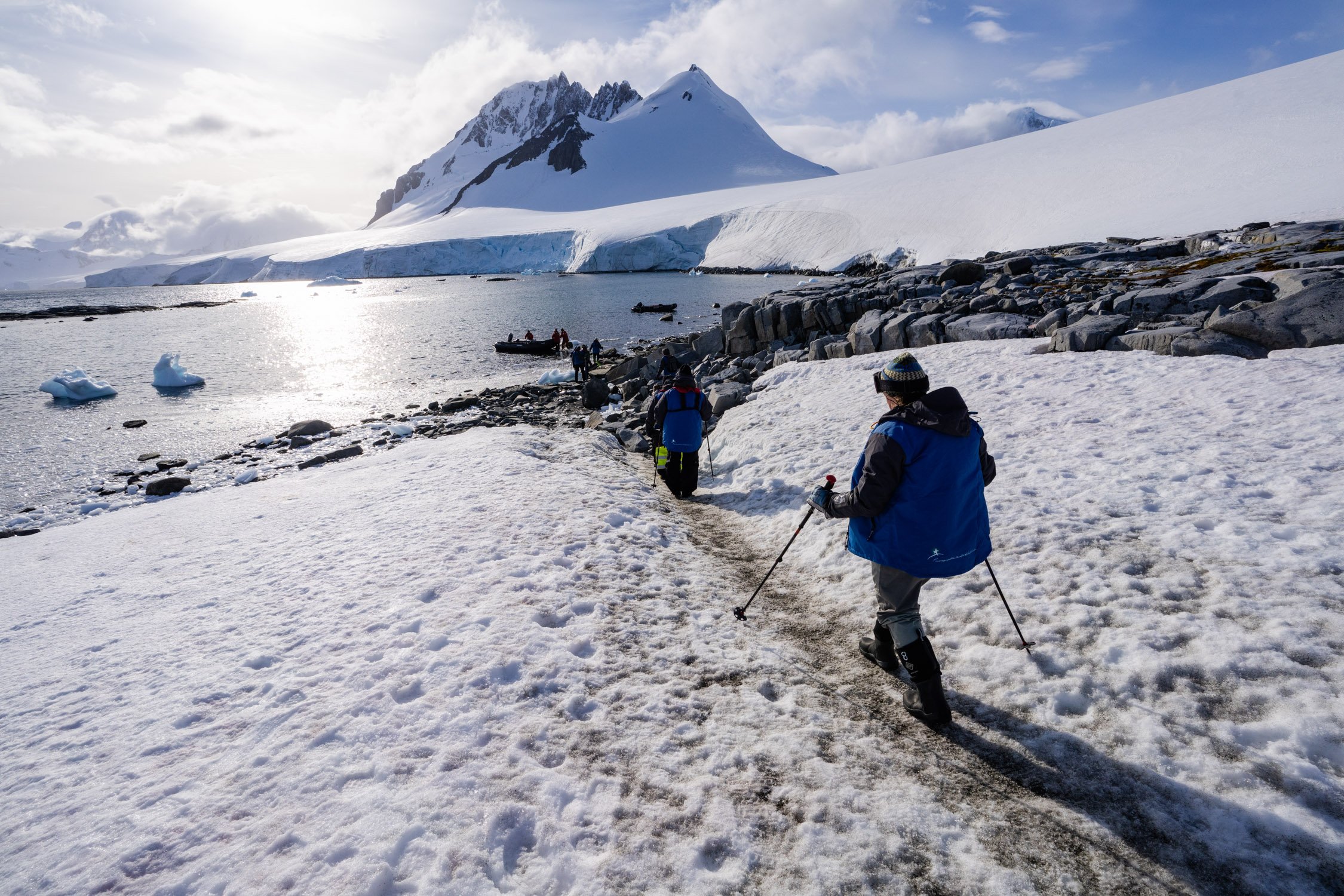Embarking on a road trip is an exhilarating adventure, promising scenic vistas, memorable pit stops, and a sense of freedom on the open road. However, safety should always be a top priority to ensure a smooth and enjoyable journey. Whether you're planning a cross-country expedition or a weekend getaway, here are essential road trip tips to keep you safe and prepared for any situation.
Route finding in Baja during a surf road trip. Photo by Dalton Johnson
1. Vehicle Maintenance is Key
Before hitting the road, conduct a thorough inspection of your vehicle. Check the tire pressure, tread depth, and overall condition of the tires. Ensure that all fluids (oil, coolant, brake fluid) are at the recommended levels and that the brakes are in good working order. Don't forget to inspect the headlights, brake lights, and turn signals for proper functioning.
2. Pack an Emergency Kit
Prepare an emergency kit that includes essentials such as a first aid kit, flashlight with extra batteries, jumper cables, tire repair kit or spare tire, basic tools (screwdriver, pliers), extra blankets, water, and non-perishable snacks. Having these items on hand can be a lifesaver in unexpected situations.
3. Plan Your Route and Stops
Map out your route in advance and share it with someone trustworthy. Research rest stops, gas stations, and accommodations along the way, especially if you're traveling through remote areas. Plan regular breaks to stretch your legs, rest, and refuel both yourself and your vehicle.
4. Stay Alert and Avoid Fatigue
Driver fatigue is a serious risk on long road trips. Get an adequate amount of rest before starting your journey, and if possible, share driving duties with a companion. Take regular breaks, switch drivers every few hours, and avoid driving late at night when fatigue is more likely to set in.
5. Follow Traffic Laws and Speed Limits
Observe all traffic laws and speed limits to ensure your safety and avoid unnecessary risks. Stay alert for changing road conditions, construction zones, and weather hazards. Be patient and courteous to other drivers, and avoid distractions such as texting or using your phone while driving.
6. Secure Your Belongings
Properly secure luggage, gear, and any items inside your vehicle to prevent them from shifting or becoming projectiles in the event of sudden stops or accidents. Use cargo nets, tie-downs, or storage compartments to keep everything in place.
7. Monitor Weather Conditions
Stay informed about weather forecasts along your route and adjust your plans accordingly. Be prepared for inclement weather by carrying essential items like a windshield scraper, ice melt, and extra warm clothing in case of cold temperatures or snow.
8. Maintain Communication
Keep your phone charged and have a car charger or portable power bank handy. Program important numbers such as roadside assistance, emergency services, and accommodations into your phone. Consider using a GPS or navigation app to stay on track and avoid getting lost.
9. Be Mindful of Wildlife and Road Hazards
When driving through rural or wooded areas, watch out for wildlife crossing the road, especially at dawn and dusk. Reduce your speed and use caution to avoid collisions. Additionally, be aware of road hazards such as potholes, debris, and uneven surfaces that could affect your vehicle's handling.
10. Trust Your Instincts and Stay Flexible
If you encounter unexpected challenges or feel unsafe for any reason, trust your instincts and make necessary adjustments to your plans. It's better to delay your journey or find an alternative route than to risk your safety or the safety of others on the road.
Looking out to the Pacific Ocean while road tripping the Pacific Coast Highway. Photo by Dalton Johnson
By following these road trip safety tips, you can enjoy a smooth and secure journey to your destination. Remember that preparation and awareness are key to a successful road trip experience. Have a fantastic adventure and stay safe on the road!








